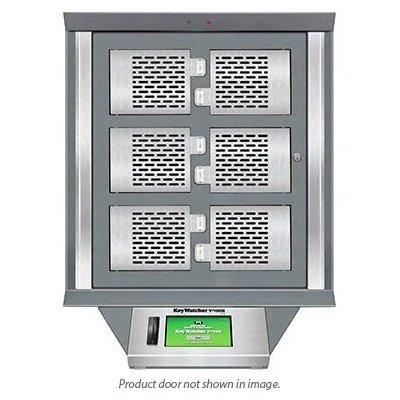 |
| The lockers & cabinets have saved time, increased accountability & improved key management system |
Traka asset management lockers are helping the University of Bath lend laptops and consoles to students at any time of the day and night.
The university wanted to help its students gain access to laptops and games consoles as and when they required them. The Traka laptop lockers enable students to loan equipment 24 hours a day, without having a member of staff monitor the process. This is invaluable to students who require access to equipment at times when staff may not be working, allowing access at any time day or night.
As well as issuing laptops, the lockers also loan expensive games consoles as part of the university’s ongoing work to enhance the student social experience.
The university has recognised the need to increase the number of students, reduce withdrawal rates and aid student progression, by providing an exciting and high quality environment for them. The University of Bath came first for student satisfaction in the National Students Survey in 2013 and 2014 and second in the Times Higher Education Student Experience Survey last year thanks to the many initiatives they have put in place.
The lockers charge the laptops so that students do not have to waste time trying to find a power source, they increase accountability, but most importantly, they help the university protect its investment and manage the use and misuse of the equipment. If devices are broken, damaged, lost or stolen, the Traka system notifies staff through its database, showing who has taken what and whether it has been returned.
“The feedback from staff and students has been great” |
Key Management
The university has also installed Traka key cabinets at various campus buildings, including the library, security offices and inside academic departments, which have saved staff more time to carry out their work.
The cabinets were installed to allow contractors, such as cleaners and porters, access the buildings around the clock. Previously, a poor key management system meant that keys regularly went missing with limited records of who had access to them and when they were taken or returned, meaning nobody could be held accountable.
Brian Schofield, Head of Security Services said: “Before we had the Traka cabinets installed, we were having to issue keys to people allowing access into the buildings, which was taking up a lot of time. The key cabinets have saved many staff hours each week.”
“Now we have a readily accessible audit trail as to who has the keys and where they are at all times. We are able to control who has access inside the buildings and manage what rooms they have access to”.
“The feedback from staff and students has been great and they can all see the benefits of having these two systems in place.”


















